When it comes to optimizing the food supply chain, waste is a key social and environmental issue that demands attention. Unprecedented amounts of food are wasted around the globe every year, with billions of dollars worth of food ending up in landfills.
It has happened to all of us; without proper planning we tend to cook, consume and worst of all waste more than we should. Portion packing can drastically help reduce food waste and its environmental impacts by elongating shelf-life and is critical in preserving, controlling and safeguarding our food until consumption. Here’s how:
Portion-packs help control how much you eat
In line with serving size recommendations, portion packs make it simpler for you to offer your body the exact amount of nutrients and calories that it needs – without you having to do any of the measuring yourself. This means smaller packaging sizes in peak flavor and prevents you from over-serving wastefully. The one-time-use functionality provides for perfect portion control, which ensures that food you eat is consumed every time.
Portion-packs = longer shelf-life
One of the biggest advantages of portion packaging is maximizing the shelf life of products to prevent food waste. Designed to serve as a moisture and oxygen barrier to prevent spoilage, bacteria, and mold, portion packs preserve products for longer, protecting contents until they are consumed in a single sitting – addressing longer shelf life and decreased food waste.
Wasting Food and Its Environmental Impacts
The damaging environmental impacts of wasted food start with rotting in landfills, which releases methane, a greenhouse gas over 20 times more potent than carbon dioxide. 13% of greenhouse gas emissions in the United States result from the growth, manufacturing, sale, transportation, and disposal of food; not to mention the large amounts of water and resources that are necessary to cultivate and produce. More than a quarter of the total freshwater consumption per year in the United States is used to grow wasted food. (Hall et al. 2009. “The Progressive Increase of food waste in America and its environmental impacts.”). Reducing discarded food avoids wasting the water, oil, and other countless natural resources that go into the cultivation and delivery of food.
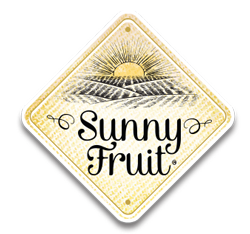
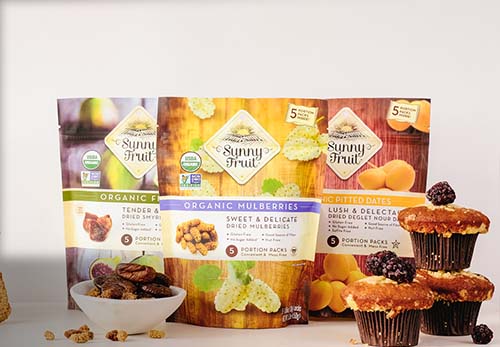
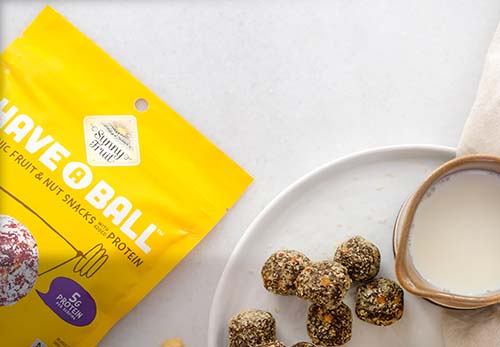
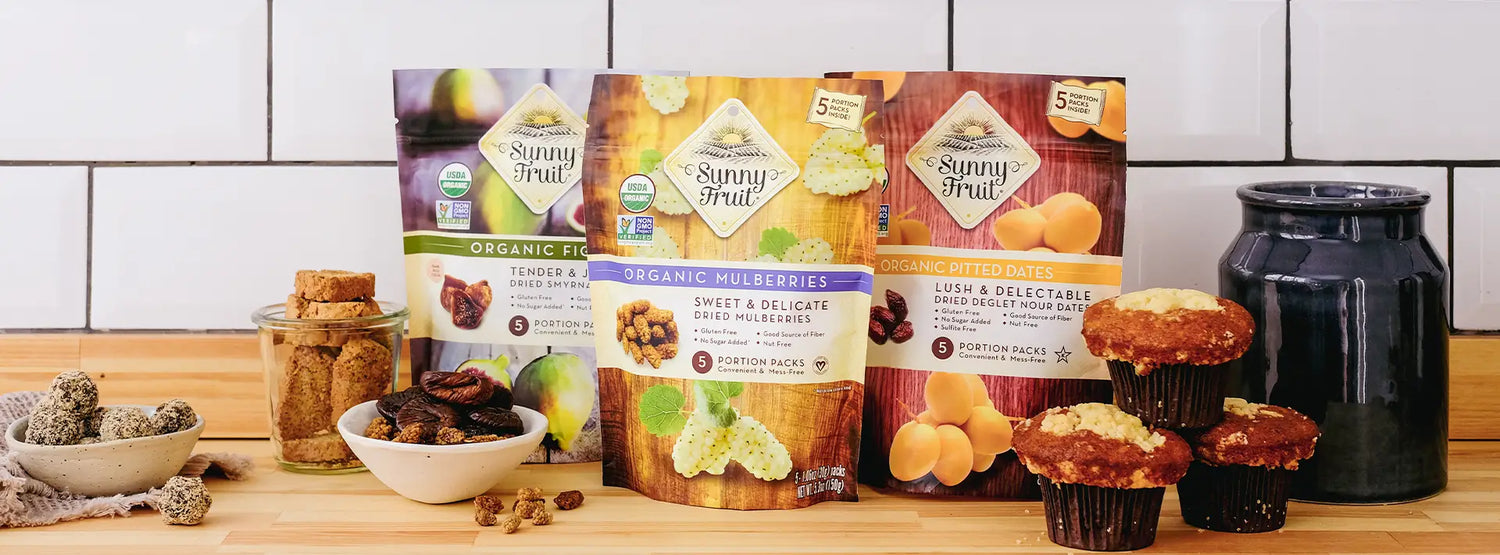
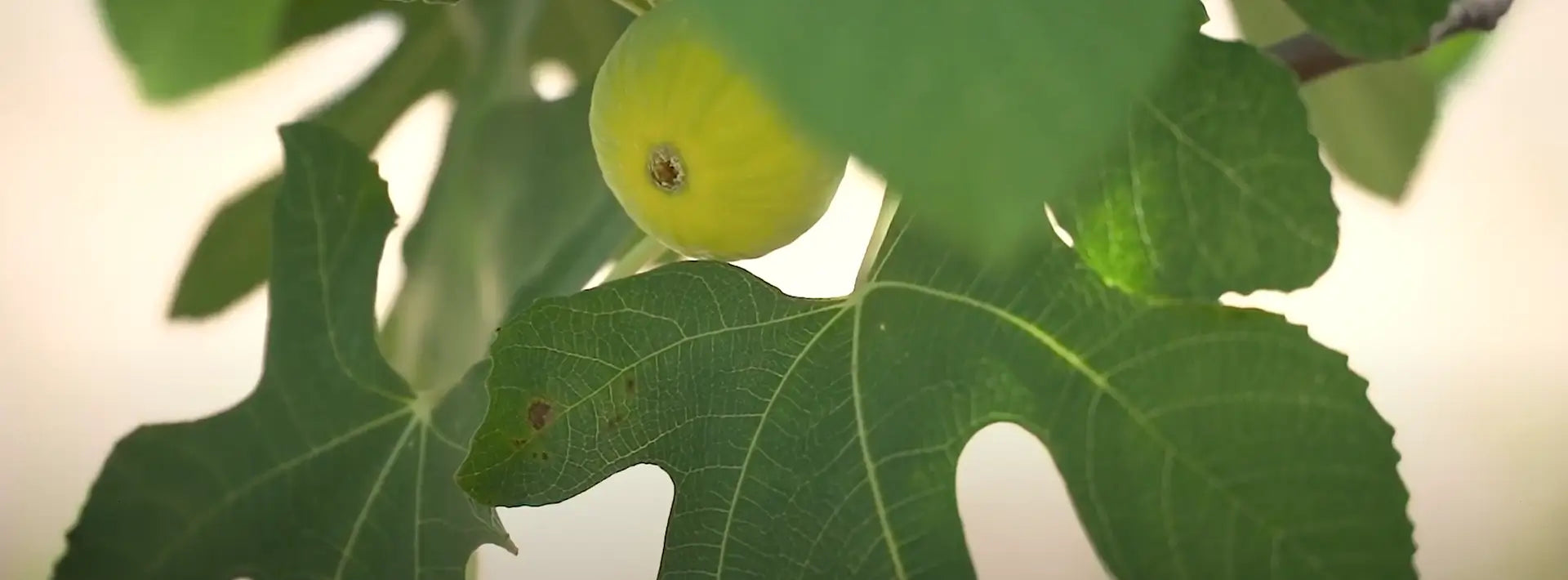
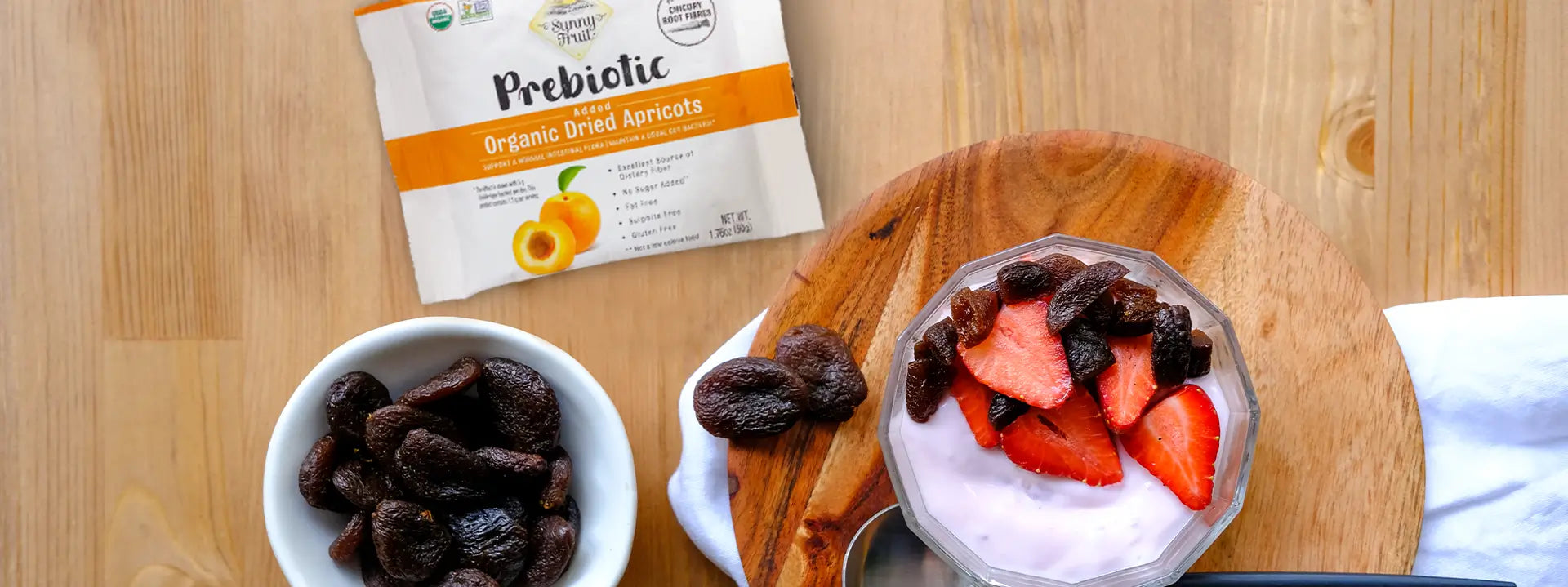
Leave a comment
This site is protected by hCaptcha and the hCaptcha Privacy Policy and Terms of Service apply.